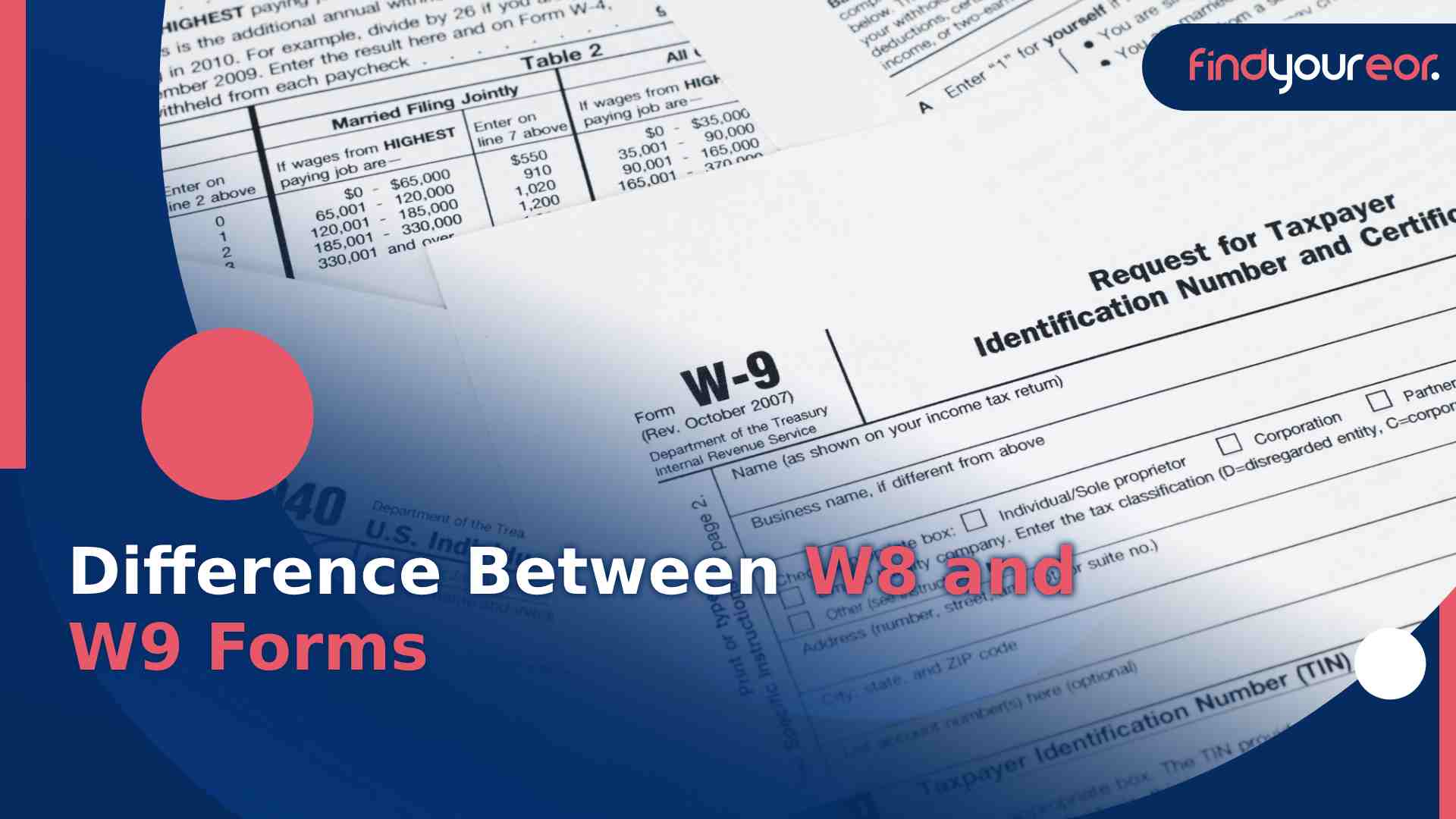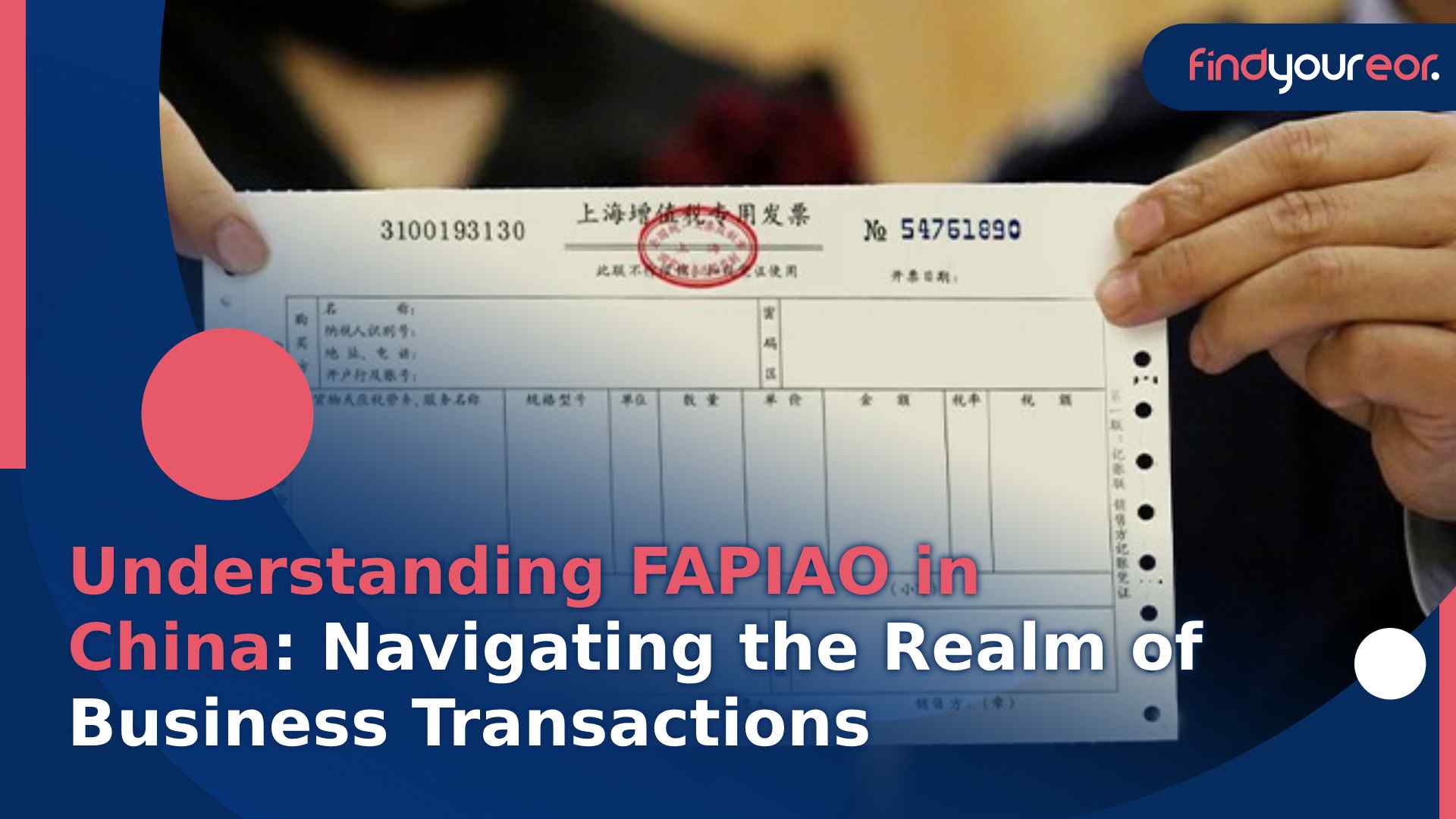Streamlining Transitions: The Role of Notice Paid in Lieu in Modern Employment
Last update: February 9th 2024
At some point, any company has to go through a labor transition process. That is, the process that involves the change by a worker from one job to another can be through dismissal or by own decision. There are other cases in which the employer can terminate an employment contract without prior notice. To do this, the employee must be given financial compensation in the amount equivalent to the salary during the notice period. In other, simpler words, this is known as notice paid in lieu.
In this article, we are going to analyze the function of notice paid in lieu in modern jobs. That is, we are going to study its definition, advantages, disadvantages, and when you can give it. Additionally, we are going to show you how an employer can calculate paid leave under these conditions.
What is notice paid in lieu?
The notice paid in lieu or PILON can be said to be one of the legal considerations for employees. This consists of paying compensation to an employee at the time they are dismissed. As a result, the employee will receive payment instead of working during the notice period.
Thanks to this payment, the employer can dismiss the employee at the right time. That is, it compensates you for a salary you were able to earn for working during the contractual notice period.
On the other hand, you have to know that the notice period is the amount of time that the employee has to work. Specifically, after the employer resigns or is fired. In most countries, employees are entitled to their notice period.
However, an employer can dismiss an employee without needing to work the notice period. Instead, you can opt for notice paid in lieu.
When is payment in lieu of notice used?
Notice paid in lieu is one of those employment practices that are applied when an employer wants to avoid any interruption. Specifically, because of a terminated employee who continues to work during the notice period.
Below is a list of some examples of when employers typically use notice paid in lieu.
· An employer may not want a terminated employee to have access to business information and systems.
· The employee wants to leave the company without working his contractual notice.
· An employer is concerned that the employee may disrupt the company's work environment.
· Finally, the employer is concerned that the employee is not doing his or her job correctly.
How can employers manage notice paid in lieu?
At the right time, international or national contracts have to include a notice paid in lieu clause. Which must have a provision of the employment policies, especially, the notice paid in lieu.
That is, you have to establish the terms of payment instead of notice; if everything is met, an employer does not violate the employment contract.
After the employee's dismissal or departure, the employer has the option to immediately terminate his or her services. For this, the outgoing employee only has to be paid the salary equivalent to the job for the notice period.
In summary, the employee does not complete or work his notice period but receives his corresponding salary.
How is payment in lieu of notice calculated?
To estimate the notice paid in lieu you have to take into account the employee's remuneration and the notice period according to the agreement. It is important to note that announcement periods vary from a few days to a few months, depending on local employment regulations and the country.
If you want to estimate the payment quantity, simply multiply the employee's salary by the time corresponding to the advertisement period.
For instance, if the employee's annual salary is $70,000 and the notice period is two weeks, the payment in lieu of notice is:
($70,000 / 52 weeks in a year) x 2 weeks = $2,692
Additionally, this calculation is the base pay rather than the employee's salary. On the other hand, employers have to consider all possible forms of compensation. That is, all benefits for employees when calculating the notice paid in lieu. To know this, you just have to have good human resources management.
Is tax applicable to payment in lieu of notice?
Any notice paid in lieu payment may be subject to tax, everything will depend on the handling of the situation and the type. Currently, there are three ways to make PILON payments:
· Firstly, according to the conditions of employment when the employee is entitled to it.
· According to the conditions of the employee's work at the discretion of the employer.
· Finally, when there is no contractual right to payment or prior provision.
Generally, you are going to have to pay taxes in the first two situations. The reason is that these payments are under the normal terms of the employment contract.
Since the third situation results in breach of contract, it is not paid according to the conditions of employment and is not subject to normal taxes. Essentially, it is a pre-damage payment to compensate an employee for a loss and avoid a costly lawsuit.
Additionally, the payment is tax-free after a maximum payment. For instance, it can be a maximum of £30,000.
Frequently Asked Questions
At employment termination you will probably have some doubts. An example is, the compensation you deserve and other things. This is why people ask these questions.
Is pay in lieu the same thing as severity?
The Severance pay is not the same as compensatory payment. For this reason, it is important to understand them in detail:
Compensatory payment: This covers the benefits and salaries that the employee must receive as if he had worked during the notice period.
Severance: This is additional compensation provided to employees who have left. Additionally, this is a function of the length of your employment.
Some countries have labor regulations that require the employer to provide one week of compensation. Additionally, this is for each year that employees have worked at the company.
What means lieu of notice?
This means payment in lieu of notices. This is compensation that the employer grants to the employee when the employment agreement is terminated. Furthermore, this is done without giving you the prior notice that corresponds to employment laws.
The salary received by the employee must be the same as what they would have received if they had worked during the notice period. Therefore, the employer must respect employee rights if they do not want to have problems.
How does pay in lieu of notice differ from garden leave?
With payment in lieu of notice, the employee receives his compensation and his employment ends immediately. Therefore, the relationship between employee and employer ends and contractual obligations are no longer legally binding.
However, with a garden license, it happens:
· The employee remains employed throughout the leave period until the contract legally ends.
· You are instructed to stay away from the workplace during this entire time.
· You can work remotely or not work at all.
· Finally, you continue to receive pay and benefits for the duration of your garden leave.
The outgoing employee still has a contract. Therefore, you cannot accept another job during the notice period.
If you want to know more about payment in lieu of notice or other topics such as paid leave or resignation, you can visit our blog. This way, you will have endless information just one click away.


















.jpg)




















